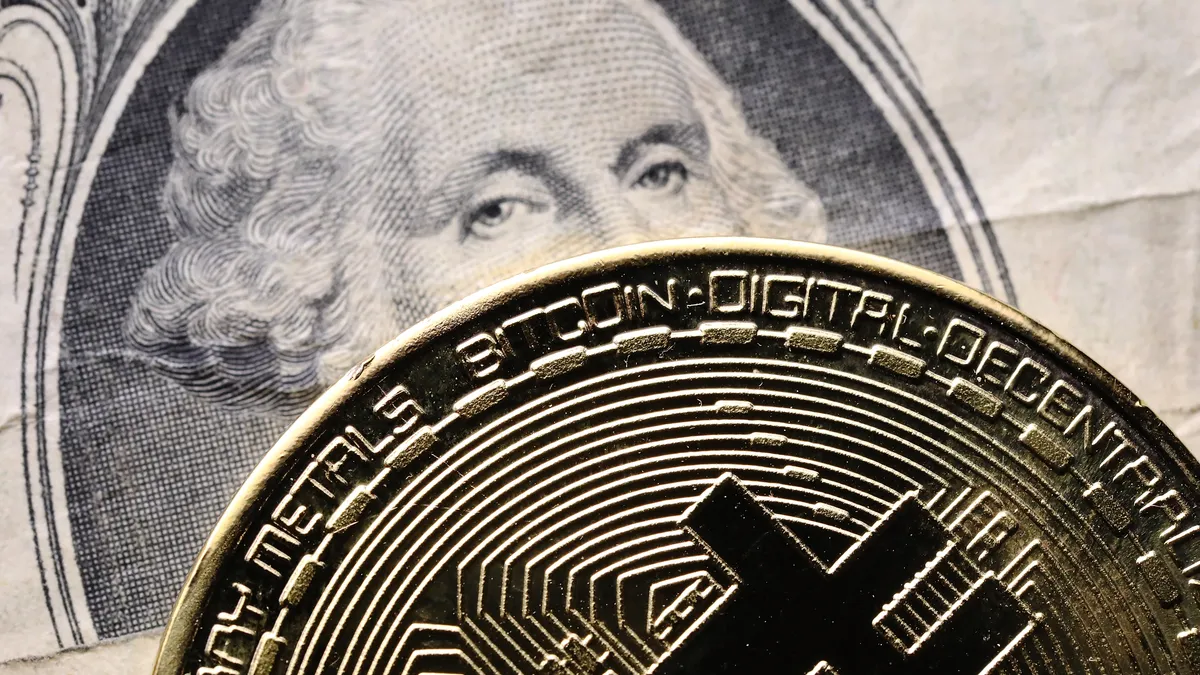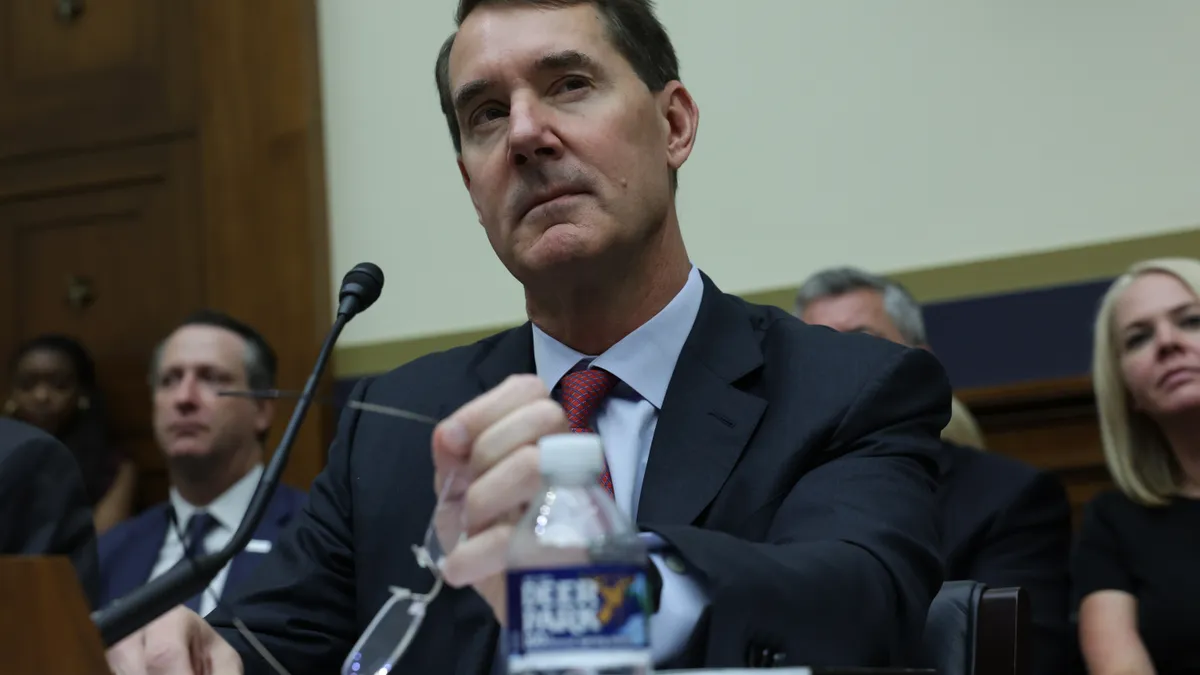President Joe Biden's move this week to spell out his digital-asset priorities in an executive order may serve as a catalyst for congressional action on a major legislative package this summer.
Noting potential risks and benefits, Biden’s Wednesday order for “ensuring responsible development of digital assets” asked federal agencies to explore possible regulations and deliver reports on the emerging asset class, including cryptocurrencies.
Lawmakers have touched on legislation related to digital assets, but haven't taken on the whole "elephant," said Rohan Grey, an assistant law professor at Willamette University in Salem, Oregon. Now, Grey expects the White House's action to prompt an omnibus cryptocurrency regulatory bill "framed as a direct response to this order," he said in an interview.
Federal agencies, including the Securities and Exchange Commission (SEC) and the Commodity Futures Trading Commission (CFTC), have been staking out claims for oversight of some parts of the rapidly developing digital-asset realm, but much of the industry remains unregulated. Some of those regulators have called for congressional action to give them more authority to police the industry.
"I’d be surprised if you get through the end of the year without a big crypto bill debate," added Grey, who specializes in the regulation of money and finance. He also serves as the research director of the Digital Fiat Currency Institute, a trade association for the industry.
The executive order’s top policy objectives are to:
- protect consumers, investors and businesses;
- seek financial stability and mitigate risk;
- thwart illicit finance and national security risks;
- reinforce U.S. leadership and competitiveness in the global financial system;
- foster access to safe and affordable financial services; and
- support technological advances that promote responsible use of digital assets.
Biden’s order also put the "highest urgency" on research and development efforts for a U.S. central bank digital currency (CBDC), and directed government agencies to explore issuance of a digital dollar. Grey said that statement conveys a "relatively firm commitment" to establish a digital dollar.
The digital dollar element of the order is what most struck Ian McGinley, a New York-based partner at law firm Akin Gump. Serious consideration of a digital dollar at this level "is a huge endorsement of crypto and its pervasiveness in our economy and country," said McGinley, who specializes in white-collar crime and cybersecurity.
The Federal Reserve already is in the process of considering a CBDC. Federal Reserve Governor Lael Brainard noted last month that digitalization and decentralization trends could result in lower money transfer costs, financial inclusion and a competitive edge for the U.S., but she noted it might present risks, too.
Grey said he expects comprehensive digital asset legislation could include elements related to a public digital dollar, "along the lines of Federal Reserve accounts for everybody." He also predicted a legislative package might include a stablecoin regulatory bill following on recommendations from the President’s Working Group report, as well as a delineation of oversight responsibilities for federal agencies and additional anti-money laundering requirements.
Crypto industry players are pleased the order suggests the Biden administration sees value in the industry to promote innovation, "and that, if properly regulated, it could be a positive force for the U.S. economy," Grey said.
For the crypto industry, the order is a recognition that this new asset class is here to stay, he said. The question now becomes: How can an acceptable regulatory compromise be reached?
Calls for coordination across government agencies and a relatively short timeline to produce reports on the issue reinforce how seriously officials view forward movement, Grey said.
Biden’s order focuses on protection of investors and national security interests, but it also "shows that the protection piece and the promotion piece can coexist," McGinley said. He also noted that it calls on the U.S. to strive to become a leader in blockchain technology and to promote financial inclusion through access to the crypto system.
Grey said he wouldn't be surprised if the order prompts federal agencies to take a more active regulatory stance with respect to crypto.
The CFTC, IRS, Office of the Comptroller of the Currency (OCC) and Federal Deposit Insurance Corp. (FDIC) all have more of an impetus now to coordinate directly with a common vision, Grey said.
"Up until now, there’d been a bit of jockeying, a bit of Balkanized attempts at each agency to use whatever jurisdiction they have to come up with something, but this is a clear directive that these various agencies have to coordinate on a common vision," Grey said.























